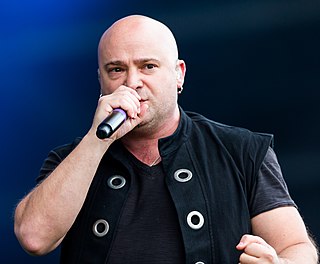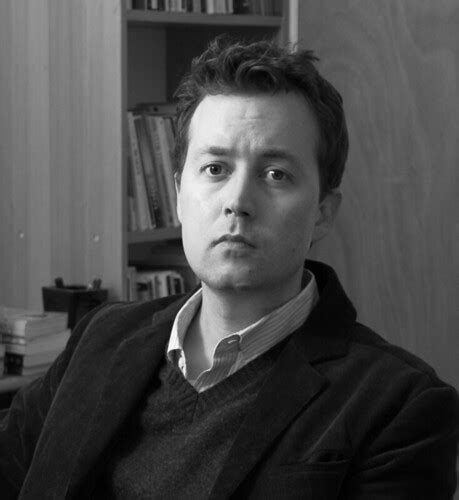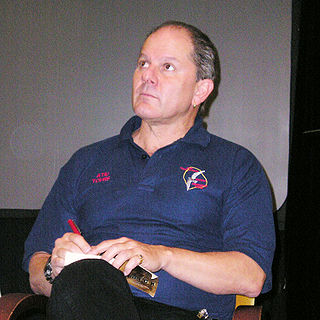A Quote by Dean Koontz
I think the world is full of evil people. I think in some ways we're in more danger now than before.
Related Quotes
Whether it's the Axis of Evil, or the evils of eating meat, it is a concept that has all but lost the impact it once had, because everyone thinks different things in this world are evil. PETA thinks what we do to animals is evil, but I think their overzealous approach is evil. Evil, in more ways than one, is comparable to the truth: definitions vary from one individual to the next.
Every time you think of doing some charity, you think there is some beggar to take your charity. If you say, "O Lord, let the world be full of charitable people!" - you mean, let the world be full of beggars also. Let the world be full of good works - let the world be full of misery. This is out-and-out slavishness!
Yes, there's something dangerous about turning people into token social activists. I was thinking about this recently with our pop-culture feminism, when feminism is such a buzzword in the media now. We're covering it in a way that we haven't before, but also in a way that's way more surface level. And while I think that there's some danger in that, I also think it's a great gateway for some people.
I can't deny the impact of, obviously, becoming a father and having my son come into this world, and even becoming a husband. The irony is that, when people think that in certain ways it softens you, in many ways, I'm more defensive and more on guard and more frightened and more angry at everything in this world now that I have them to worry about.
I think what people really want is fiction that in some tiny way makes their life more meaningful and makes the world seem like a richer place. The world is awfully short on joy and richness, and I think to some extent it’s the fiction writer’s job to salvage some of that and to give it to us in ways that we can believe in.
And yet, strange to say, now that this truth is recognized by most cultivated people — now that the beneficent working of the survival of the fittest has been so impressed on them that, much more than people in past times, they might be expected to hesitate before neutralizing its action — now more than ever before in the history of the world, are they doing all they can to further survival of the unfittest!



































